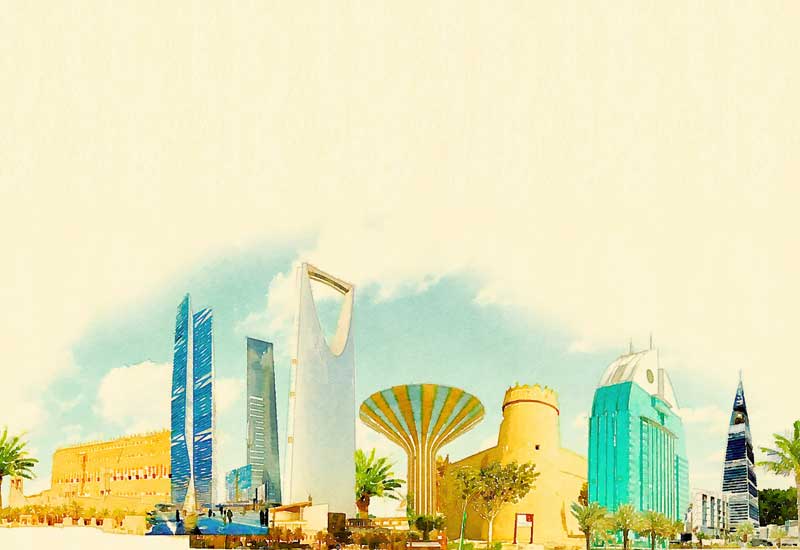Then there is Saudi Vision 2030, which is encouraging economic diversification by allowing foreign companies to enter and invest in the Kingdom. While this is expected to increase the demand as foreign investors show interest in KSA, Ataya warns “this change is expected to require time as companies set up their strategy to enter the Saudi market”. “Also, the demand from these companies is not expected to be significantly large until the economy stabilises and new rules and regulations are in place.”
And there are more pressing challenges to face than the expected increase in foreign interest.
The first of these is attracting more young Saudi talent to the hospitality sector to build more significantly on the early signs of an upturn in interest, according to Miccolis. “Then there is the discipline and commitment from staff, while overall customer service standards have to be enhanced,” he says.
“The development of international hotels will help to do this,” he says, although the issues surrounding “recurrent delays in openings” and “visa regulations” are less easily solved.
Pipeline numbers and supply are certainly a challenge and as more hotels come onto the market there is the very real threat of oversupply.
“With this comes increased competition and the possibility that more rooms and more competitive rates will drive down overall ADR,” Ataya says.
“Supply is a challenge in terms of remaining innovative and relevant in the face of rising competition and there will be increased competition. However, that increased competition is good for consumers as it provides more choice and intuitively drives up the quality of offering for guests,” he adds.
“Increased competition drives more creativity in communicating unique points of difference and delivering the best possible experience for all visitors.”
But despite these issues, Jeddah and Riyadh remain a very attractive proposition for hotel groups.

| Advertisement |









 Search our database of more than 2,700 industry companies
Search our database of more than 2,700 industry companies









